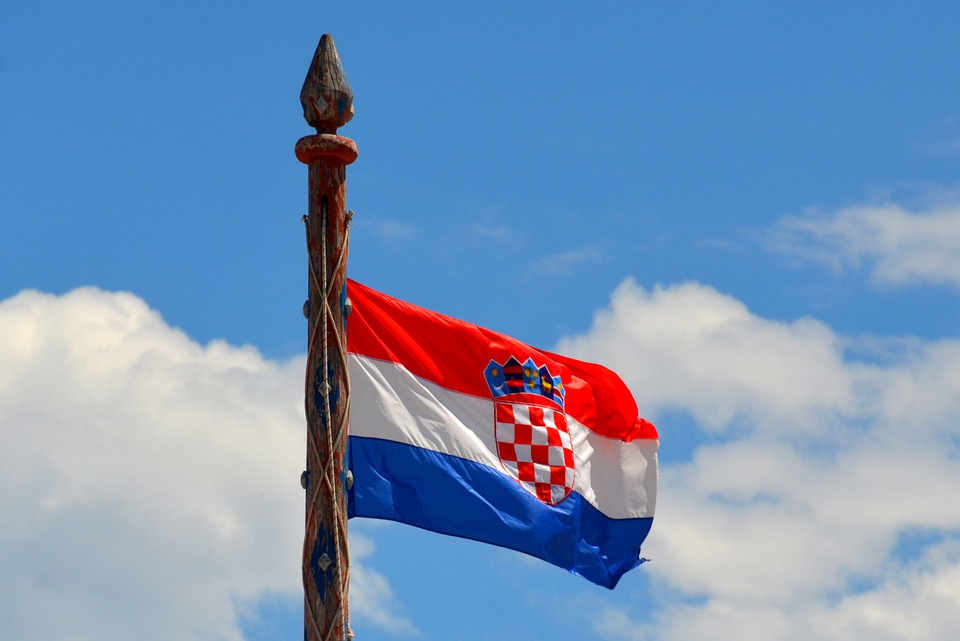Croatian citizenship can be obtained in numerous different ways. While the country primarily bases its citizenship rules on Jus sanguinis, a principle of nationality law in which a child acquires the citizenship of their parent or parents, Jus soli, birthright citizenship, also applies in some cases. One can also naturalise after a certain amount of time living legally in the country, and one can obtain a passport if they’re of special interest to Croatia.
In short, there are many routes to Croatian citizenship, and if you’ve read any of my earlier (many) articles on residence and citizenship, you’ll know that there’s really no need for me to go over it all again. Instead, I’ll link them. If you want to become a Croatian citizen through marriage to someone who already is one, click here. If you want to naturalise after eight years of lawful uninterrupted residence, click here. If you think the Interior Ministry might think you’re of special interest to the country, click here. If your parent or parents are Croatian citizens, or were so at the time of your birth, click here.
Now, to the point – simplified Croatian citizenship acquisition. How does one go about applying in this way? Firstly, you need to have been born after 1991, and one of your parents needs to have been a Croatian citizen at the time of your arrival on planet Earth, also known as your birth. Let’s break it down into pieces which are more easy to digest, with thanks to gov.hr.
At its 131st session which was held back in December 2018, the Croatian Government adopted the Bill on Amendments to the Croatian Citizenship Act and referred it to the Croatian Parliament for adoption. The initiated amendments to the Croatian Citizenship Act have been in force since the 1st of January, 2020. Just a couple of months before the global pandemic struck, which is why the initial deadline within which citizenship could be applied for in this manner has been extended. Read on.
The most significant changes under the Act are as follows:
The new simplified Croatian citizenship acquisition rules enable the acquisition of Croatian citizenship by persons born abroad (based on ethnicity).
In this case, one of their parents needs to have been registered as a Croatian citizen at the time of their birth because the age limit for entry into the Croatian citizen register has been increased to include persons of up to 21 years of age, which gives them an opportunity to apply on their own for entry into the register of Croatian citizens if their parents failed to do that for them by the time they had reached the age of 18.
Under the same conditions, it is also now possible to acquire Croatian citizenship by origin for persons over 21 years of age (those born after the entry into force of the currently applicable Croatian Citizenship Act, ie after the 8th of October, 1991) if within two years from the entry into force of this Act, they submit a request for entry into the Croatian citizen register.
The liberalisation of the conditions for acquiring Croatian citizenship by naturalisation for emigrants and their descendants. So far, there has been a restriction to the third degree of kinship, which is no longer the case. At the same time, the obligations of possessing knowledge of Croatian language and Latin script, Croatian culture and social arrangements have been totally eliminated.
The simplification of the presentation of evidence for members of the Croatian people who don’t have evidence of a personal declaration of their affiliation with the Croatian people, if this fact has been unequivocally established for their parents.
Simplified Croatian citizenship acquisition rules for those applying to naturalise, for minor children whose parents acquired Croatian citizenship on the basis of emigration from the Republic of Croatia or on the basis of affiliation with the Croatian people (until now, such a child had to live in the Republic of Croatia to acquire Croatian citizenship by naturalization, which is no longer the case).
A person who has acquired Croatian citizenship by naturalisation will now need to take a solemn oath, pledging their allegiance to Croatia, and such persons can also submit their application for Croatian citizenship through a competent diplomatic mission or consular office of the Republic of Croatia in their countries of residence/origin.
For more on Croatian citizenship, check out the links I provided earlier on in this article.











